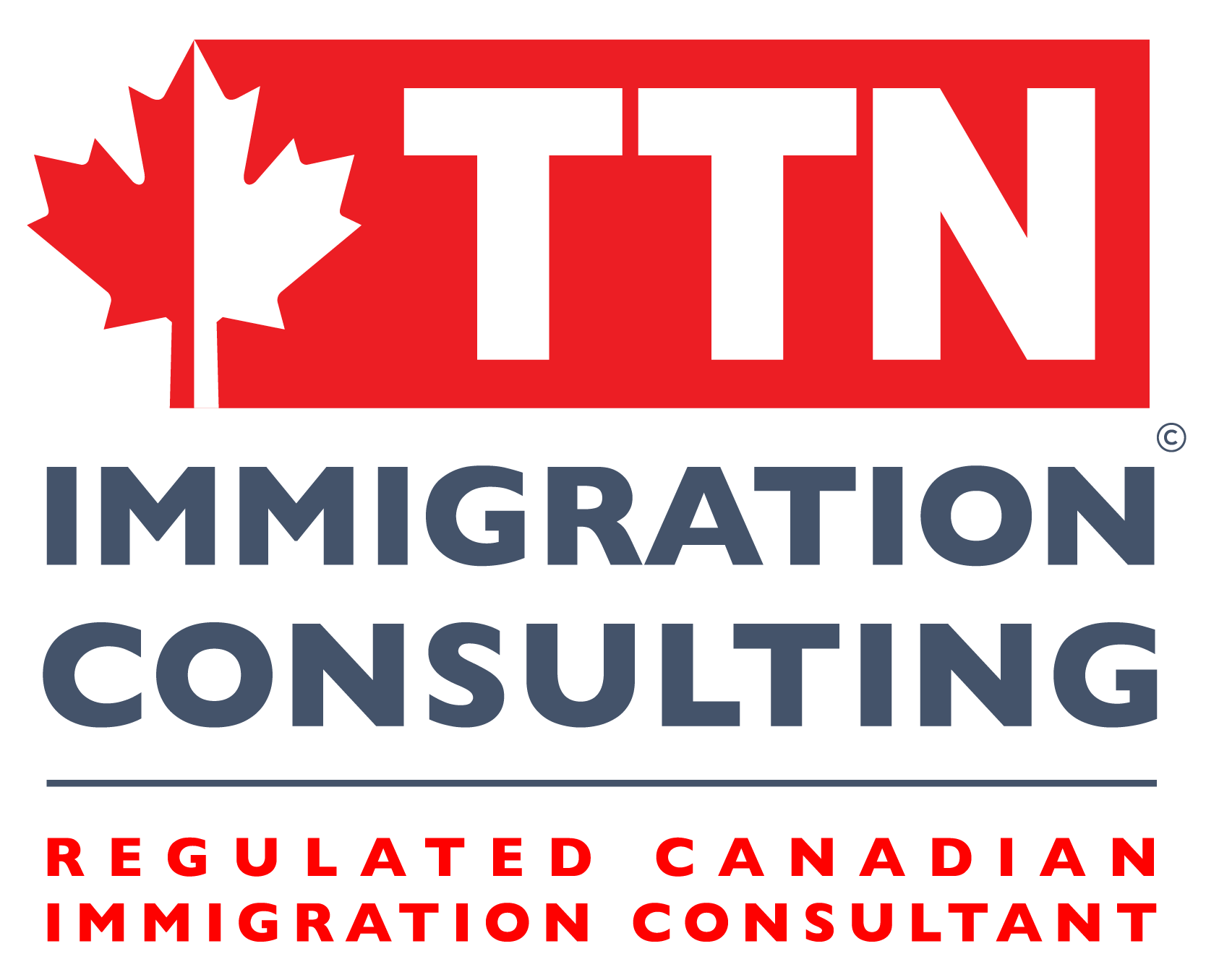Canada Proposes Three New Occupational Categories For Express Entry In 2026
Chính phủ liên bang Canada đang xem xét việc bổ sung ba nhóm ngành nghề mới vào hệ thống Express Entry, bao gồm: quản lý cấp cao, nhà khoa học & nghiên cứu viên, và quân nhân. Nếu được thông qua, các nhóm ngành này sẽ giúp lao động nước ngoài trong các lĩnh vực trên dễ dàng hơn trong việc xin thường trú nhân Canada (Permanent Residence – PR).
Bộ Di trú, Người tị nạn và Quốc tịch Canada (IRCC – Immigration, Refugees and Citizenship Canada) đã công bố đề xuất này trong thông báo kêu gọi tham vấn công chúng, với thời hạn góp ý đến ngày 03/09/2025.
It is expected that the new occupation groups will be applied in the Express Entry system from 2026. Express Entry is the Canadian government's online application management system, used to select eligible candidates to apply for permanent residency.

New industry groups proposed
1. Leadership
IRCC wants to attract senior managers – highly skilled people who are responsible for overseeing business operations and leading teams of employees.
According to IRCC, prioritizing this group could:
- Accelerate digital transformation,
- Improve labor productivity,
- Increase national competitiveness,
- Contribute to promoting economic growth.
2. Research and Innovation
This group focuses on scientists and researchers in key areas. IRCC believes that attracting research talent will:
- Promote innovation,
- Improve production efficiency,
- Contribute to sustainable economic development.
There is no specific information yet on which research fields will be prioritized.
3. National Security and Defence
Canada is also considering giving priority to highly skilled military and defence personnel from allied countries, to support the Canadian Armed Forces.
Express Entry categories may continue in 2026
In addition to the new groups above, IRCC is also considering maintaining the priority occupation groups in 2025, including:
- Francophone immigration: Canada aims to increase the number of French-speaking permanent residents outside Quebec from 8.5% (2025) to 10% (2027).
- Healthcare and social services.
- Engineering & Construction (Trades), especially to address housing needs.
- Education.
- STEM (Science, Technology, Engineering, Mathematics).
- Agriculture and agri-food.
Impact on international students
Từ năm 2024, IRCC đã liên kết hệ thống ngành học với nhu cầu lao động để quyết định ngành nào được cấp Post-Graduation Work Permit (PGWP) – giấy phép lao động sau tốt nghiệp cho du học sinh.
There are currently 119 fields of study that are still eligible for PGWP, while 178 fields of study were removed in 2025. New changes in Express Entry from 2026 may entail adjustments to the list of PGWP eligible fields of study.
Note: Bachelor, Master, and PhD graduates are not bound by this list of majors.
What is Category-Based Selection?
Category-based selection là hình thức rút hồ sơ theo nhóm ngành ưu tiên, được áp dụng từ năm 2023. Hình thức này giúp Canada lấp đầy khoảng trống nhân lực trong các ngành đang thiếu lao động.
Example
- In 2025, priority industries include: healthcare, education, STEM, trades, agriculture – food, and French-speaking candidates.
- Comprehensive Ranking System (CRS) scores for industry-specific draws are typically lower than for general draws.
For example, the recent Canadian Experience Class (CEC) draw required a CRS of 534 points, while the Health-Care-specific draw required only 475 points. This gives candidates in the health profession a higher chance of receiving an Invitation to Apply (ITA).
Conclusion
The addition of three new occupations – senior management, science & research, and military personnel – shows that Canada continues to adjust its immigration policy to suit labour market needs and socio-economic development goals.
If passed, the change would open up greater opportunities for a wider range of international applicants in 2026.

